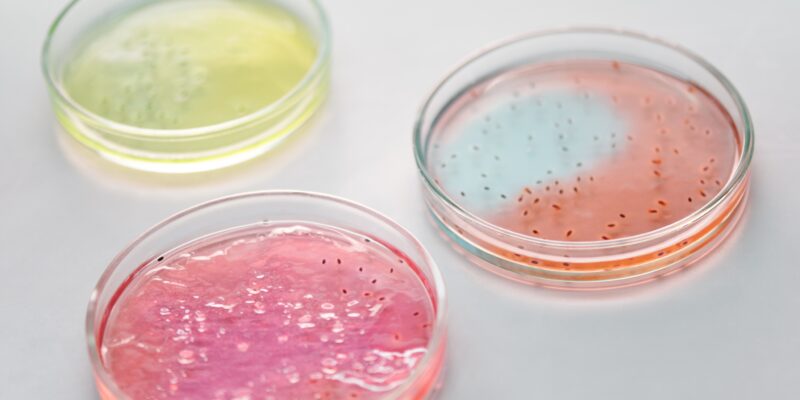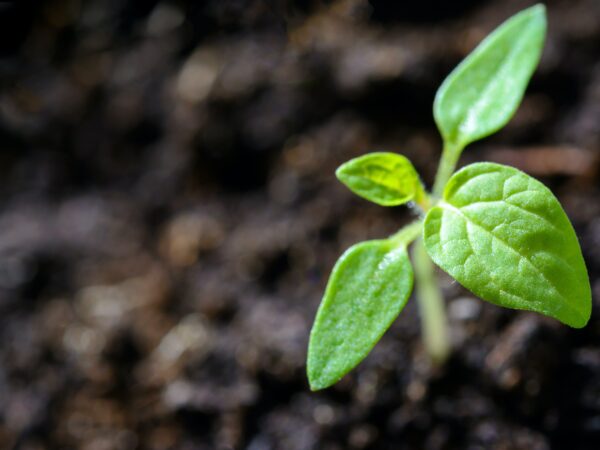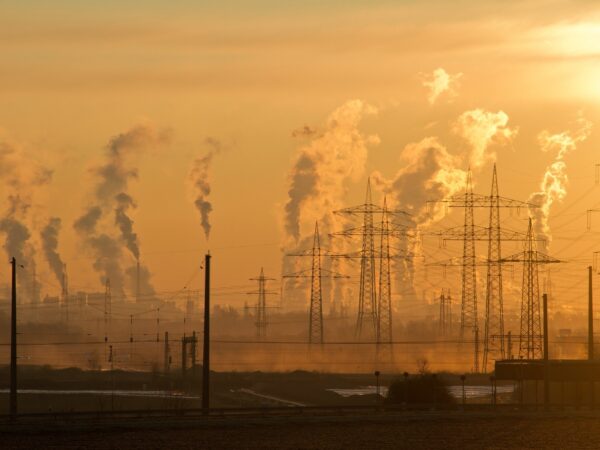Microbes, otherwise known as microorganisms, are microscopic living organisms that can only be seen with the aid of a microscope. In this article, we will explore the hidden world of microbes, their importance, and their role in human life.
They are the smallest forms of life and have been around for billions of years, surviving and evolving to become one of the most versatile and adaptive groups of organisms on earth. While most microbes are harmless to humans, some can cause diseases, and others are essential for human survival.
Types of Microbes
There are several types of microbes, including Bacteria, Archaea, Fungi, Protists, and Viruses.
Bacteria are unicellular and have a simple cell structure. They are found everywhere, from soil to water, and some live inside the human body. They play an essential role in breaking down organic matter, converting nitrogen gas into a form that can be used by plants, and producing food and medicines.
Archaea are similar to bacteria but have a different genetic makeup. They are found in extreme environments like hot springs and hydrothermal vents and are known to have unique metabolic abilities.
Fungi are eukaryotic, meaning they have a nucleus and other membrane-bound organelles. They are essential in the decomposition of organic matter and play an essential role in nutrient cycling in ecosystems.
Protists are a diverse group of unicellular and multicellular organisms with complex cellular structures. They are found in aquatic and terrestrial habitats, and many are photosynthetic.
Viruses are not considered living organisms since they cannot reproduce on their own. They are obligate parasites and require a host to replicate.
Role of Microbes in the Environment
Microbes play a crucial role in the environment, including nutrient cycling, decomposition, and soil formation. They break down dead organic matter and recycle nutrients back into the ecosystem.
Bacteria and fungi play a critical role in the decomposition process, breaking down organic matter into simpler substances that can be reused. For example, nitrogen-fixing bacteria convert atmospheric nitrogen into a form that plants can use.
Microbes are also essential for maintaining soil fertility. They secrete enzymes that break down complex organic molecules found in soil, making them more easily available to plants. In turn, plants supply the microbes with the carbon they need to survive.
Some microbes are also involved in soil formation. Cyanobacteria, for example, secrete a sticky substance that binds soil particles together, creating a stable soil structure that can support plant growth.
Role of Microbes in Human Life
Microbes play a critical role in human life, from providing us with food to helping us fight diseases. Some of the ways microbes are essential to human life include:
Food Production: Many foods such as cheese, yogurt, and sourdough bread are produced using microbes. For example, Lactobacillus bacteria are used to ferment milk to make yogurt, while yeast is used in bread making.
Medicine Production: Microbes have been used to produce antibiotics, vaccines, and other medications. For example, penicillin is produced by a fungus called Penicillium, which was discovered by Alexander Fleming.
Digestion: Microbes in the gut play an essential role in digestion. They break down complex carbohydrates and produce vitamins that are essential for human health. For example, Bifidobacterium bacteria in the gut produce vitamin K, which is important for blood clotting.
Disease: While some microbes can cause diseases, others are essential in fighting diseases. For example, Streptomyces bacteria produce an antibiotic called streptomycin, which is used to treat tuberculosis.
Conclusion
In conclusion, the hidden world of microbes is vast and versatile. They play an essential role in the environment, from nutrient cycling to soil formation, and are crucial for human life, from food production to disease prevention.
Despite their tiny size, microbes have a significant impact on the world around us and are worth exploring and understanding further











